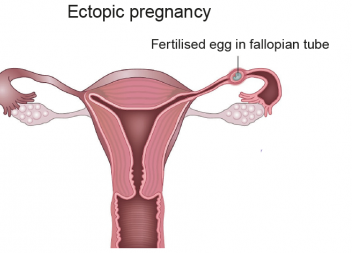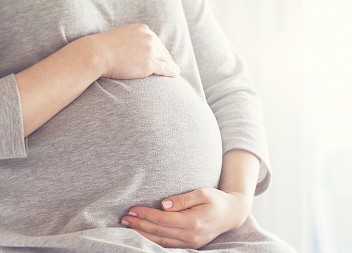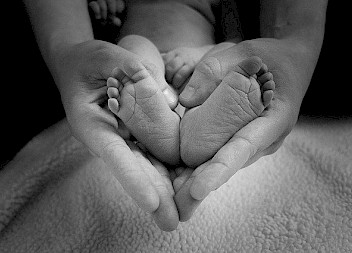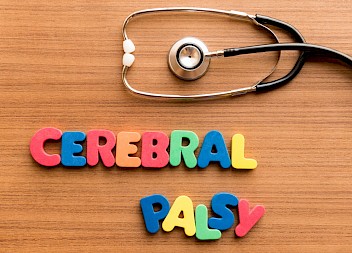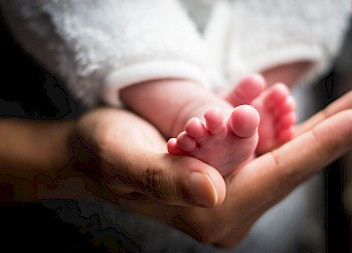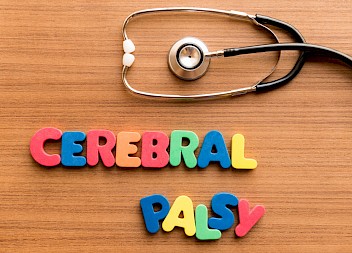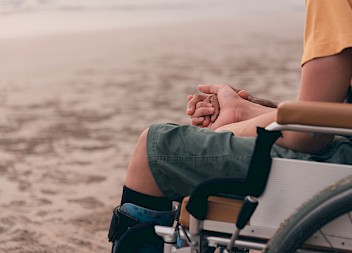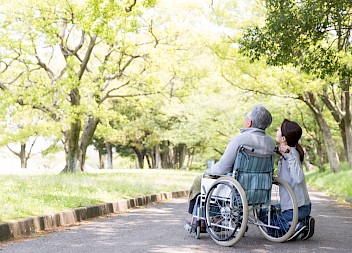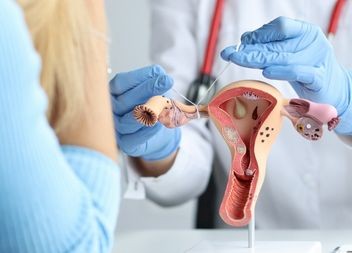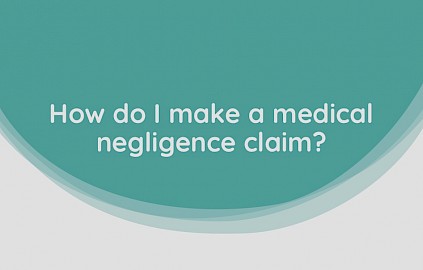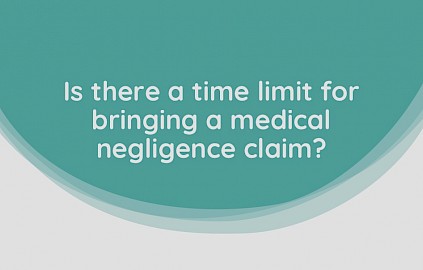Bringing Birth Injury Compensation Claims
Of course, doctors and midwives aim to ensure both mother and baby are in perfect health; this is their chosen career pathway and most deliveries have positive outcomes. However, tragically there are still far too many mistakes being made, often through staff shortages or unwise decision-making.
Types of Pregnancy Neglignece Claims
Some examples of claims that should be investigated for birth injury claims include:
- Substandard care that amounts to actual medical negligence
- Lack of proper advice concerning pregnancy care and the risks and benefits of various choices
This can compromise the baby’s health during the labour, leading to injury or disability for both the baby and the mother, for example, if she suffers severe tears during the delivery process. Severe tears can lead to permanent incontinence issues.
- Failing to fully advise the mother about birth options
Doctors are not allowed to have a ‘paternalistic’ (father-like) approach these days and must fully inform their patients about their risks and options with regards to their healthcare. Informed consent is a vital pillar of medical practice, with laws having been strengthened following the landmark 2015 case known as the Montgomery case.
For example, proper advice about birth options is key when a woman is carrying a large baby, as a large baby can lead to complications with the delivery, resulting in injuries such as Erb’s Palsy.
- Failing to advise the mother early in pregnancy about probable disabilities in the developing pregnancy
Screening is available for many different conditions, and the mother must be kept informed of any developments or conditions that are likely to develop later in the pregnancy. Failing to do so denies them the opportunity to be supported through an early termination.
While most parents would consider any child as a blessing, the reality is that the financial and emotional toll of parenting a disabled child is much higher than raising a healthy child. These claims are referred to as unwanted pregnancy claims.
- Ectopic pregnancy
Developing an ectopic pregnancy is a very dangerous condition for the mother, with the pregnancy developing outside of the womb. Without proper care, this can lead to problems with fertility or even death. Read our ectopic pregnancy case studies to learn how we can help if an ectopic pregnancy does occur.
- Failing to treat severe morning sickness
Morning sickness can lead to nutritional deficiencies. The medical term for the most serious form of this condition is ‘hyperemisis graidarum’. Delays can lead to permanent disability for the mother and potentially hinder the baby’s birthweight.
Low birthweight is a risk factor for cerebral palsy, which is the most common cause of disability in early childhood.
- Failure in sterilisation and vasectomy procedures
Where the advice given in relation to a sterilisation or vasectomy procedure is inappropriate or insufficient, or if a patient has received substandard medical care before, during or after the procedure, there may be a case for a pregnancy negligence claim.
Other examples of birth injury compensation cases might include:
- Excessive delays in providing a mother (or their infant) with treatment in pregnancy, labour and delivery
- Failures to call for medical review by midwives
- Failures to alert Consultants or the paediatric team in good time
- Failure to recognise signs of distress in babies during long labours
- Failure to recognise signs of placental abruption, which causes absolute agony for the delivering mother and highly increases the chances of death or serious and permanent injury to babies if fast delivery does not happen.
Who Can Bring a Birth Injury Claim?
If you have suffered maternity negligence, whether through the action or inaction of a medical professional, you can bring a claim.
You can also bring a claim on behalf of a child where negligence at birth has resulted in their injury or disability, or someone with reduced capacity who has experienced maternity negligence.
What Are the Time Limits on a Birth Negligence Claim?
When a mother brings a claim for herself, she has three years from the date of the injury, or three years from the date you realised your injury was caused by the negligence.
If you are bringing the claim on behalf of your child, you can do so at any time before their 18th birthday. They will have up to three years to claim for themselves after that point (up to their 21st birthday).
In cases where the child lacks mental capacity to bring a claim for themselves, there is no time limit for someone else to bring the claim on their behalf.
If your child was stillborn or suffered a neonatal death, the parent can (subject to satisfying certain criteria set out in caselaw) bring a maternity negligence claim within three years of the date of death. It is important to note that you cannot claim bereavement compensation for a stillbirth – legally, the baby and mother are still considered one entity – but you can potentially claim for psychological treatment, grief counselling and other financial losses.
If you are concerned about time limits or believe your claim has expired, please get in touch as we may be able to help. To learn more, please see our dedicated guide to medical negligence time limits.
What Compensation Can I Claim?
The amount of compensation you will be eligible to claim is unique to each case and will depend on various factors. These factors include (but are not limited to):
- any current and ongoing care needs, both physical and psychological
- any specialist adaptations to your home or vehicle
- any loss of earnings
- the travel costs for medical appointments
- pain, suffering and loss of amenity
When you engage Medical Solicitors, we will discuss the particulars of your case and help you calculate how much compensation you may be eligible to receive.
How Do Birth Injury Claims Work?
At Medical Solicitors, we work with you to secure appropriate compensation for any suffering or damages caused by medical negligence. We’ll start by simply talking to you, to understand what has happened and how it has affected you. This is a no-obligation chat to help us understand your case and ensure you understand your options.
If you then choose to engage us, we will investigate the case, consult with any independent experts in the field and take action to represent your case, taking care that you are kept informed at all stages of the process.
Learn more about the process of working with Medical Solicitors.
Medical Solicitors' Experience with Birth Injury Cases
Our team of birth injury solicitors has recovered many millions of pounds in birth injury claims and compensation for vulnerable clients and their families.
Our Director, Caroline Moore took on her first cerebral palsy case in 1993. She has also brought the oldest reported case in the UK in this area of birth injury, involving a Claimant born in 1964.
Director and Senior Solicitor, Christine Brown, as well as Senior Solicitor Sarah Johnson, have also developed expertise over the years in acting for infants who suffer from various types of cerebral palsy (brain injury at or after birth) and babies who have suffered from Erb's Palsy (weakness/paralysis of the arm) after birth.
See our birth injury case studies for more information, or learn more about us.
Preventing Birth Injury Compensation Claims
The government is now giving maternity units incentives to perform better, through discounts in their insurance premiums where they can show that they have:
- Procedures to report and learn from bad outcomes; and
- where they have set standards for training; and
- ensuring that the most senior doctors adequately cover the wards.
It isn’t fair for senior Consultants to ‘pass the buck’ to more junior doctors, nor for junior doctors to feel they cannot approach Consultants who are at home and ‘on-call’ in worrying situations.
Litigation is said to place a strain on the NHS. However, without investigations and litigation, there would be far less incentive for change. The government’s initiatives and the Hospital Trusts’ additional efforts to comply are leading to real improvements, and the NHS has published a three-year plan to improve maternity and neonatal services. Patient safety for both mother and baby is paramount.



